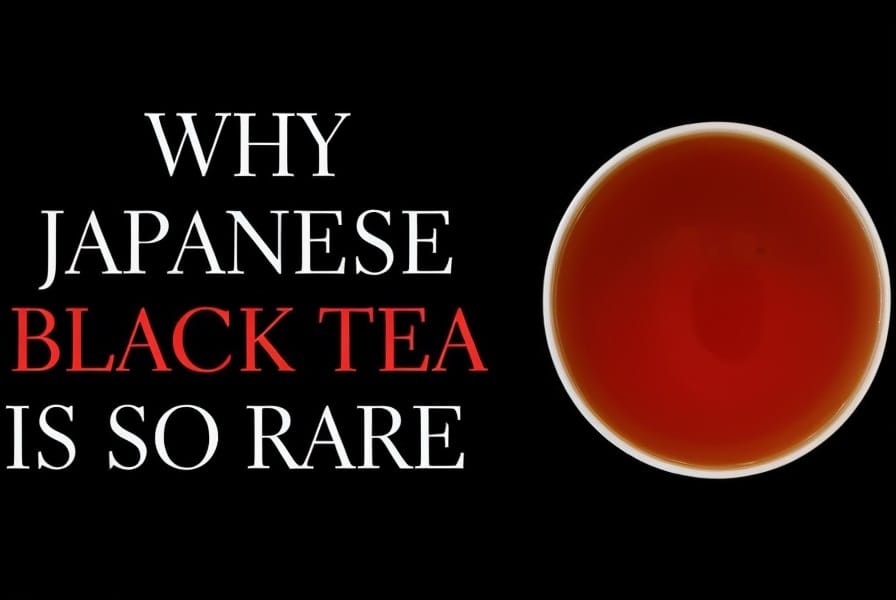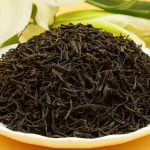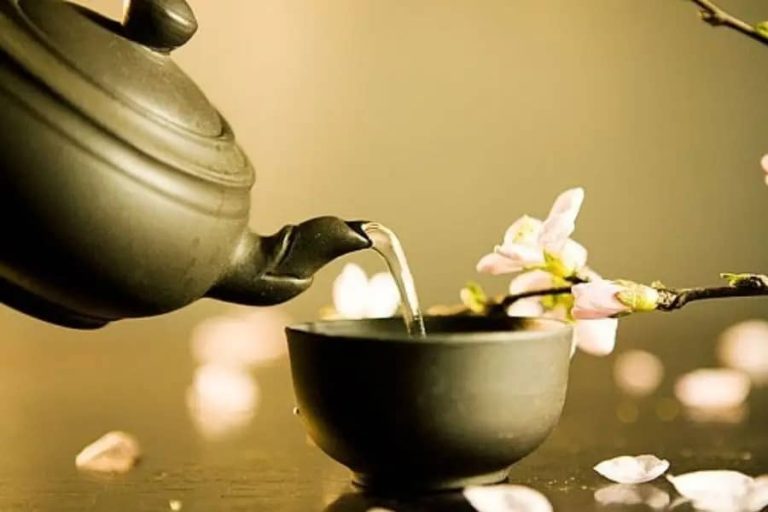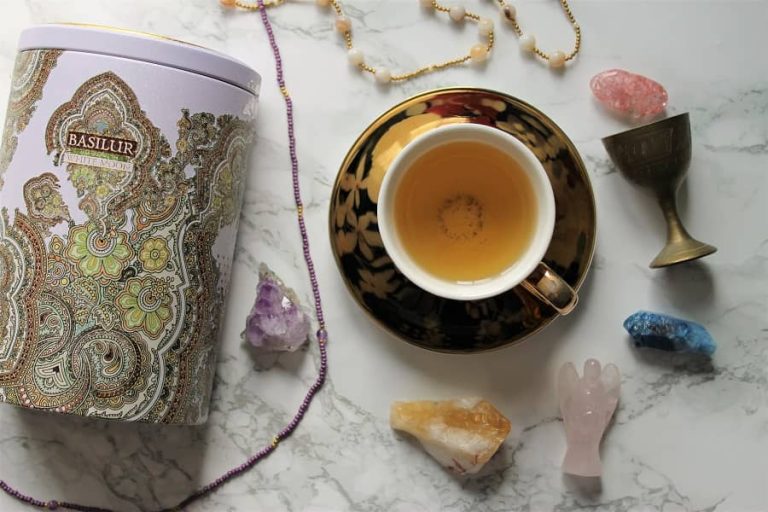Why is Japanese Black Tea so Rare?

When it comes to Japanese tea, the first thing that comes to mind is usually green tea. While Japan is renowned for its high-quality green tea production, Japanese black tea remains relatively rare in the global market. In this article, we will explore why Japanese black tea is not as common as its green counterpart and the unique characteristics that make it stand out.
Overview of Japanese Tea Production
Japanese tea culture has a long history, dating back centuries. Green tea, particularly varieties like sencha and matcha, has become synonymous with Japanese tea production and is widely consumed both domestically and internationally. However, when it comes to black tea, Japan has traditionally focused more on green tea production. As a result, black tea is not as prominently cultivated or recognized in Japan.
Unique Characteristics of Japanese Black Tea
Japanese black tea offers a distinct flavor profile and aroma that sets it apart from other black teas worldwide. It is often described as having a mellow and smooth taste, with subtle floral or fruity notes. Compared to the robust and malty flavors of black teas from India or Sri Lanka, Japanese black tea has a delicate and nuanced character. Additionally, it shares some health benefits with green tea, such as being rich in antioxidants and potentially aiding in digestion and relaxation.
Challenges Faced by Japanese Black Tea Producers
Several factors contribute to the rarity of Japanese black tea. First and foremost, there is limited demand for black tea within Japan itself. The preference for green tea has shaped consumer habits and market dynamics, making it challenging for black tea producers to gain traction. Additionally, the production costs of black tea are higher compared to green tea due to different processing methods, making it less economically viable for many farmers. Limited resources, such as suitable land and skilled labor, further contribute to the scarcity of Japanese black tea.
Efforts to Promote Japanese Black Tea
Despite these challenges, there have been concerted efforts to promote Japanese black tea both domestically and internationally. The Japanese government has implemented initiatives to support tea production and exports, including financial assistance and educational programs for farmers. Partnerships with global tea companies have been established to expand distribution channels and create awareness about Japanese black tea. Furthermore, innovations in tea processing techniques have been developed to enhance the quality and appeal of Japanese black tea, making it more enticing to potential consumers.
Conclusion
Japanese black tea remains relatively rare, primarily due to the dominance of green tea in the Japanese market and the associated challenges faced by black tea producers. However, with ongoing promotional efforts, increased global interest in specialty teas, and the unique characteristics that Japanese black tea offers, there is potential for its popularity to grow. By embracing its distinct flavors and capitalizing on its health benefits, Japanese black tea may carve out a niche in the global tea market, providing tea enthusiasts with a new and intriguing experience.
















